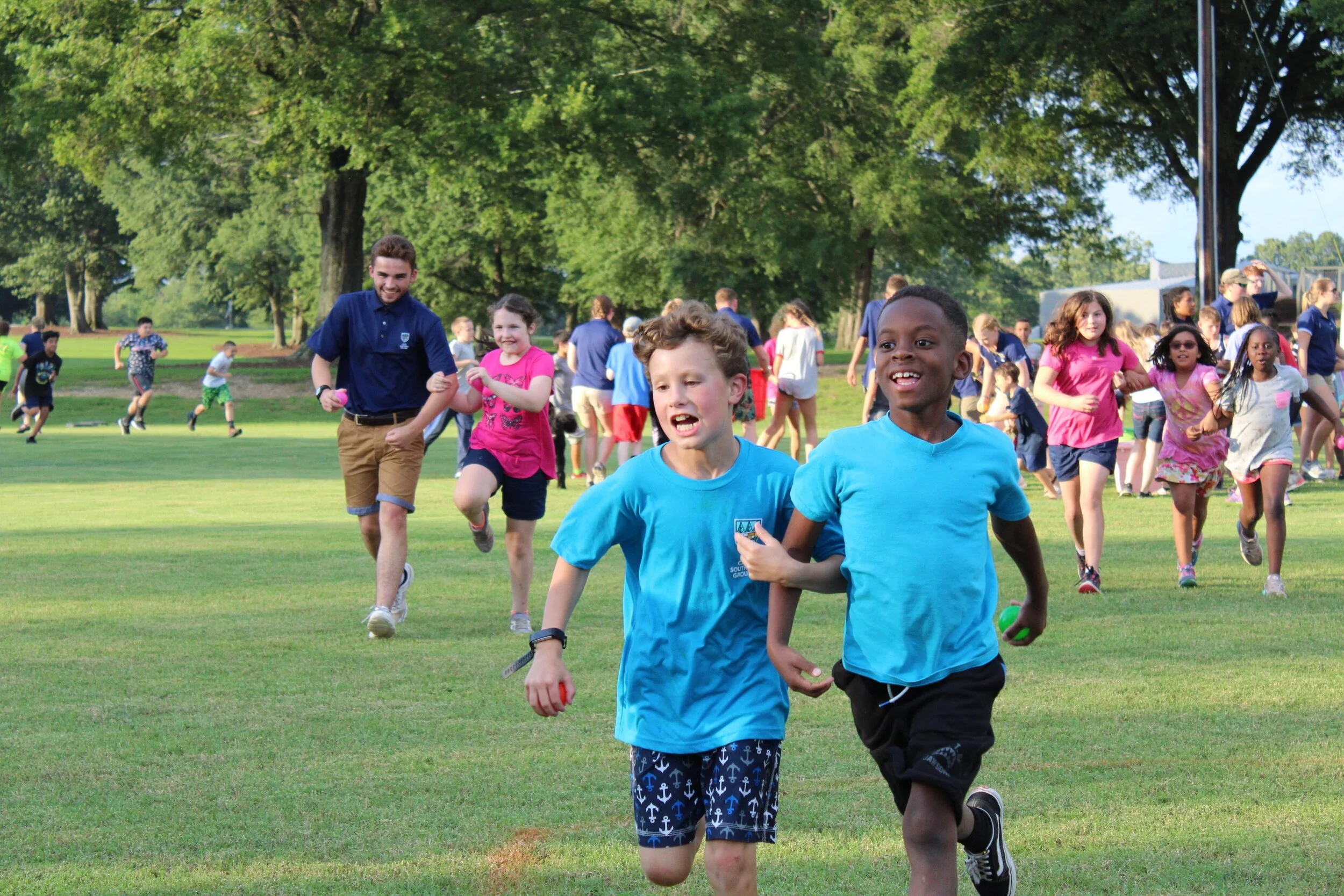What Different Can Do - Understanding ADHD
This week we’re continuing our conversations around What Different Can Do and exploring how neurodiversity, a word for describing brains that develop a little differently, makes our world a better place for everyone. This week’s interview was especially meaningful for me (Scott, the camp director at CSG) because I have ADHD. I have experienced the challenges and benefits that come from having an ADHD brain my whole life!
WE’RE ALL DIFFERENT
Living with ADHD myself was just one of the reasons I was so excited to speak with Dr. Scott Kollins, a professor at Duke University and head of the ADHD department that researches neurodiversity and puts that research into practice with children and adults. Dr. Kollins has over 30 years of experience in this field, and more accolades and awards than I could list in a simple blog! The short version is that Dr. Kollins knows ADHD about as well as anyone can, and we asked him to help us understand What Different Can Do.
“A diagnosis of ADHD means nothing in what you are able to achieve. ”
WHAT ADHD IS AND ISN’T
As Dr. Kollins and I started talking about ADHD, we discussed just what ADHD is. As Dr. Kollins described it, ADHD is seen in someone who, “struggles with problems of inattention, hyperactivity, and impulsivity” to a point where it affects their daily life . While there is a neurological issue that generally leads to ADHD, it is diagnosed through behaviors. Dr. Kollins brought up the fact that ADHD can often present in very different ways. Most behaviors start in childhood, but ADHD can present as a young boy with too much energy to burn or as a young girl who might not have the energy issues but does struggle with focus and attention. While stereotypes do exist, ADHD can present in many different ways and every individual can benefit from understanding how they are affected by their ADHD, if they have it.
EARLY INTERVENTION LEADS TO SUCCESS
ADHD is just one more way that everyone is a little different.
Dr. Kollins and I talked about how many parents might see behaviors in their kids but are often reluctant to go through the process of getting support or even a diagnosis. Though parents can have good intentions, unfortunately this attitude can sometimes lead to kids who struggle instead of finding success. Dr. Kollins talked about how an early diagnosis can help kids to not be defined by a label, but learn enough about themselves to be prepared for success in school, social environments, and eventually the working world. Early understanding is the single biggest contributor to success living with ADHD. Dr. Kollins also wanted to make clear to any parent that ADHD is not a limiter, it’s just a difference, and anyone with ADHD can accomplish anything someone could without it. The only limit is understanding and support.
NEURODIVERSITY IS DIVERSITY
As we finished up our talk, Dr. Kollins talked about just how far the research world has come in understanding ADHD, and yet how much still needs to be done. When I asked Dr. Kollins about how he wished the world would see neurodiversity, he spoke with passion about how many young neurodiverse people he has seen go on to success in many areas. Dr. Kollins summarized it in a truly simple and brilliant way, when he said he hopes someday that “neurotypical kids realize that having ADHD or Autism is nothing more than having brown hair” It’s just another difference and at CSG, we couldn’t agree more!
*Special Thanks to Dr. Scott Kollins and Duke University for participating in the project!




